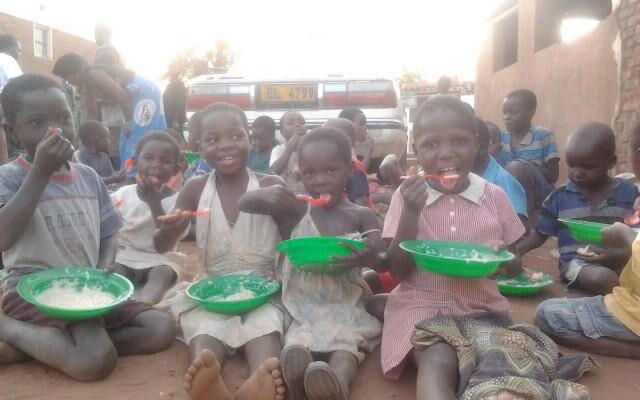
Year 2015 has marked the warmest year on record due to the effects of El Nino. Climate experts have noted that this year’s El Nino is most likely the most powerful in the last 100 years.
The United Nations and humanitarian agencies worldwide have raised concerns regarding this year’s recorded El Nino, as areas throughout the world will continue to witness disturbed weather patterns exacerbating humanitarian crises in 2016.
The Warmest Year on Record
The World Meteorological Organisation (WMO) states that ‘the years 2011 – 2015 have been the warmest five-year period on record, with many extreme weather events – especially heatwaves – influenced by climate change.’ Throughout the world, regions have experienced continued hardship, however, the effects of El Nino can vary on different regions such as intensified droughts or extreme flooding.
Malawi Flooding in 2015
From December 2014 – February 2015, torrential rains and devastating floods affected Malawi causing many casualties and displacing thousands of people. Not only did this affect families and villages, but also affected their prospective agricultural harvests.
On the 13th of January 2015, President Peter Mutharika declared half the country a disaster zone appealing for international humanitarian assistance.
The World Food Programme (WFP) said that the January and February floods ‘were the worst in living memory in Malawi’. The rains were followed by periods of drought further exacerbating reduced crop yields, resulting in a loss of 60% of its national harvest. This is notable as agriculture results in 90% of national exports and 75% of the population being subsistence farmers.
The Work of NGOs
The Malawi government has made efforts to assist its people, however, continues to face issues of corruption and withdrawals of humanitarian assistance from donor states. It is through the work of NGOs that we find an alternative and independent function for peace and stability.
What is the food status in Malawi?
Urunji Child-Care Trust’s founder, Ian Maliseni, has seen many food shortages in Malawi throughout his life but states that this year was the worst he’s ever seen. The Urunji Child-Care Trust was founded in 2006 and feeds 3,000 children in Malawi each day while engaging in an array of diverse community projects battling issues such as poverty, HIV/ aids, education and health/ life skills.
Not only have local NGOs such as Urunji Child-Care Trust stepped up, but also the UN and international NGOs have collaborated their efforts towards Malawi.
The WFP is set to contribute $18m USD; World Vision will be working with the Malawi government to provide food aid as well as drawing upon local organisations in Malawi for further humanitarian assistance. However, according to Maliseni, Urunji Child-Care Trust is the only active NGO within their area and international organisations such as the WFP and World Vision continue to face limitations due to the access of finance and resources.
We can solve the food crisis in Malawi…
At the turn of 2015, many international humanitarian agencies have expressed concern regarding further humanitarian crises in the coming year. UNICEF has tipped Malawi and other southern African countries to further prepare for the coming El Nino effects.
We can definitely and decisively solve the food crisis in Malawi and beyond by strengthening climate resilience, reducing food waste, deploying climate smart agricultural practices, and most importantly, empowering vulnerable groups to become food self-sufficient.
Through this chaos and uncertainty, NGOs continue to independently and relentlessly struggle against the challenges in which they are faced. The success of organisations such as Urunji Child-Care Trust and the international agencies, which offer their support, not only represent the survival of their nation, but also symbolises the prosperity for future generations to come.
